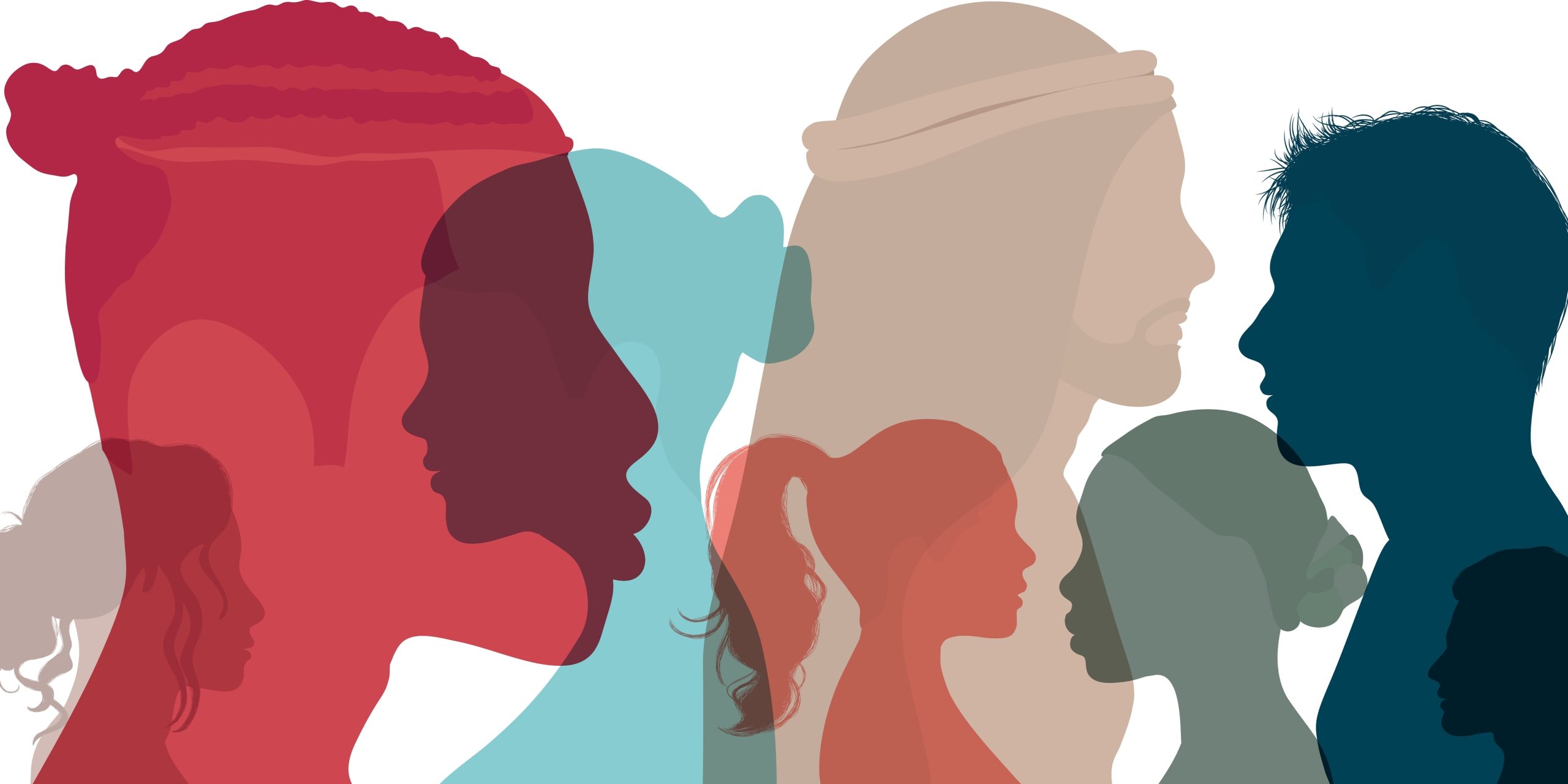In partnership with the United Nations Office on Drugs and Crime, UNICEF and Save the Children
In the pursuit of development, global peace and security, achieving healthier and more resilient societies is crucial. Findings from neuroscientific research on the development of the adolescent brain provide important insights into how young people can thrive as constructive citizens and meaningful contributors to society.
However, this scientific knowledge from research is often overlooked. In regions where insecurity prevails, due to conflict, prevalence of crime and violence, this is even more so the case: the effect of adversity, violence and traumatic situations can have extensive impacts on the development of the adolescent brain and young people’s psychosocial development and mental health. The prevalence of conflict, violence, and exposure to traumatic situations makes implementing effective and responsive cross-sectoral interventions that support adolescents critical. And it is equally essential that these interventions prioritise rehabilitation, recovery, and reintegration.
This conference convened experts, practitioners and policymakers to discuss how scientific evidence can be better integrated into policy development to achieve the most effective approaches for supporting adolescents and aiding the recovery of young people impacted by adversity, violence or traumatic situations.
Goals and objectives
The purpose of this conference was to promote a paradigm shift in how adolescents affected by adversity, violence and traumatic experiences are perceived and dealt with in the context of rehabilitation, recovery and reintegration processes, moving from risk-based approaches that may marginalise and victimise these young people, towards ensuring a developmentally responsive and rights-based approach that focuses on their wellbeing, guided by our understanding of adolescent brain and behavioural development.
The objectives of the conference included to:
- Disseminate scientific knowledge about how life events impact adolescent brain and behaviour.
- Outline key areas for policy action and systems change to better serve and protect adolescents.
- Discuss evidence-based practices within education, health, social welfare, child protection services and justice systems that promote healthy development in the treatment of children and adolescents, including the role of mental health professionals and support systems in facilitating community-based rehabilitation, recovery and reintegration processes.
Gather expert input to inform a Policy Paper that promotes reforms acknowledging the relationship between adversity, violence and/or traumatic experiences, neurodevelopment, and behaviour in adolescents.
Context
Advancements in neuroscience have greatly expanded our comprehension of adolescence, a critical developmental phase spanning ages 10 to 19 [1] This period is not only crucial for personal growth but also an important opportunity for adolescents to uniquely drive positive change and meaningfully contribute to society in the immediate and long term. Despite the abundance of literature and emerging evidence, there remains a gap in integrating knowledge about the reciprocal relationship between life events and adolescent development, especially adverse experiences, into policy and programmes.
Governmental interventions often resort to punitive approaches when addressing adolescent behaviours which are deemed problematic, disregarding insights from neurodevelopmental research and failing to address root causes.
To promote constructive societal contributions and ensure long-term development, peace and security, it is essential to adopt a scientific, evidence-based approach and advocate for interventions aimed at preventing adverse childhood experiences (ACEs) as well as community-led interventions aimed at adolescent recovery, rehabilitation and reintegration.
To bridge the divide between scientific understanding and practical application, a range of experts from across health, education, social protection and justice sectors came together for the meeting ‘Building resilient societies: the impact of adversity, violence or traumatic experiences on adolescent brain, mental health and psychosocial development’ at Wilton Park. This report, which is preceded by a Scientific Paper and will be followed by a Policy Paper, aims to summarise the overarching outcomes of this meeting, which sought to translate scientific insights into actionable policy and programme recommendations in the areas of adversity, violence, traumatic situations and adolescents’ wellbeing.
[1] Singh, J. A., Siddiqi, M., Parameshwar, P., & Chandra-Mouli, V. (2019). World Health Organisation guidance on ethical considerations in planning and reviewing research studies on sexual and reproductive health in adolescents. Journal of Adolescent Health, 64(4), 427-429.
